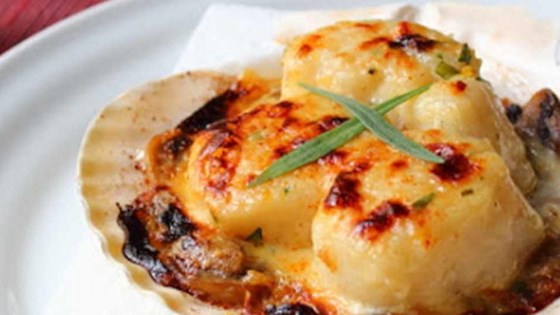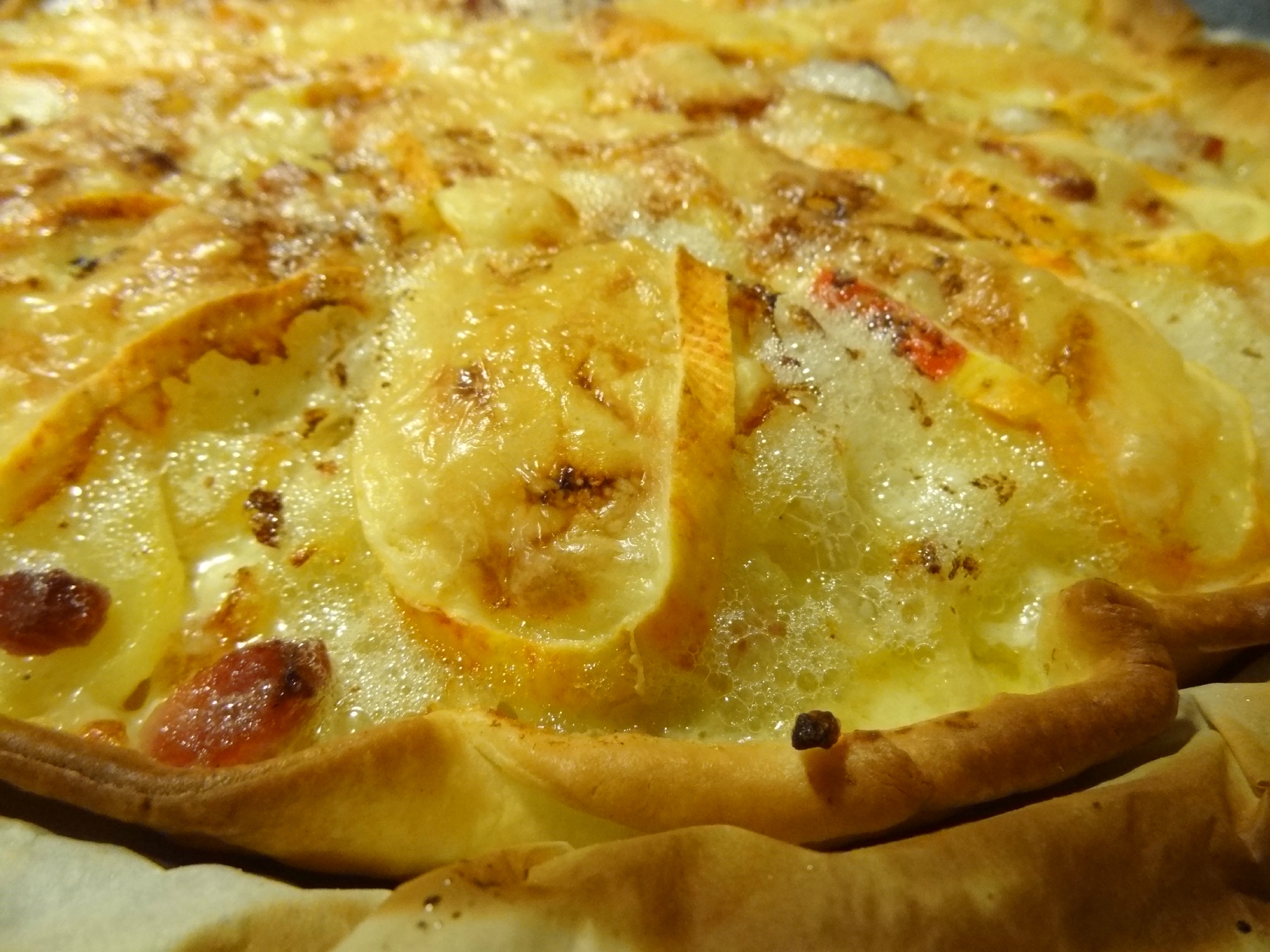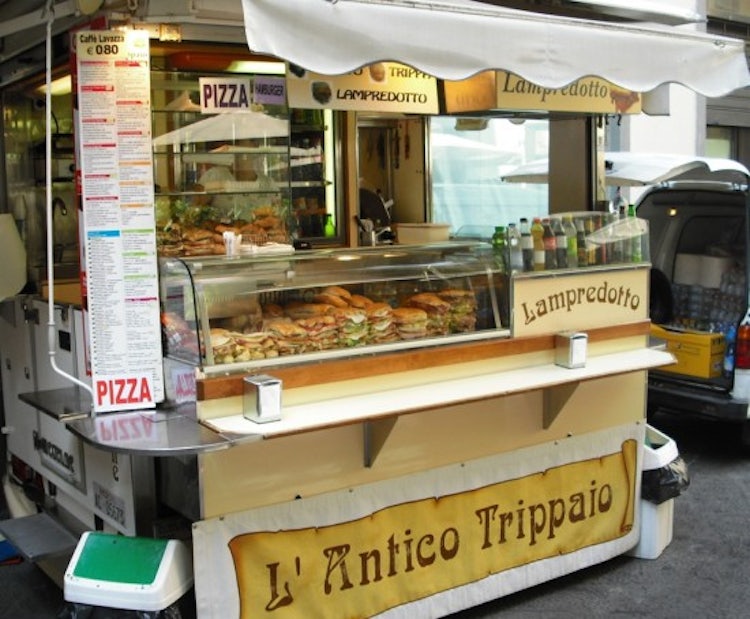Angela
Elite member
- Messages
- 21,823
- Reaction score
- 12,329
- Points
- 113
- Ethnic group
- Italian
Mine too. I eat Provencal cooking the most as it's so close to me, but while in Paris I found this bistro highlighting the food of the Auvergne, and I really liked that too.
Lyon, of course, is a paradise for gluttons.
Really, I can't ever remember getting a really bad meal in France, but of course I do my homework beforehand, usually.
The only thing I don't order is the organ meats which are on every menu. Other than that, I like everything.
Some more oldies but goodies.
Real French onion soup....

Coquille St. Jacques (scallops)...

Tartiflette: potatoes, bacon, and melted cheese. Is there anything not to like???





